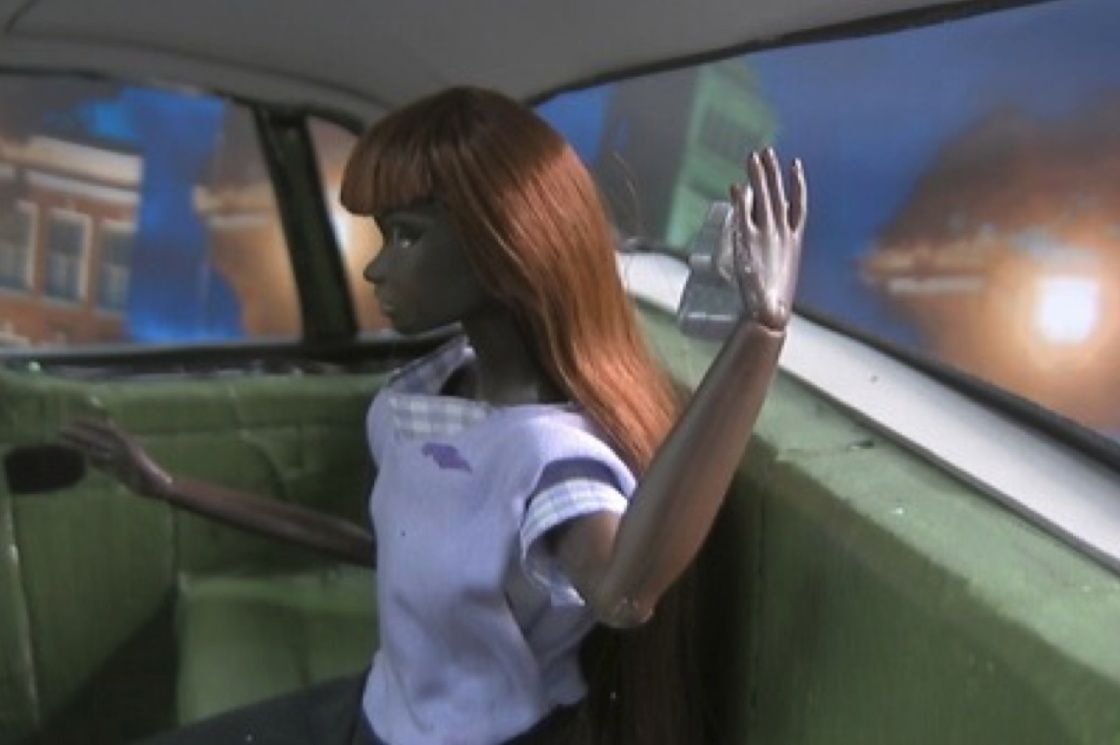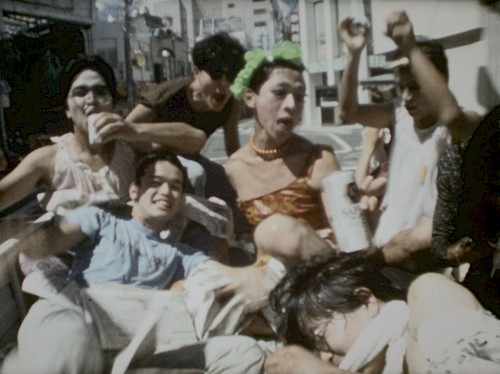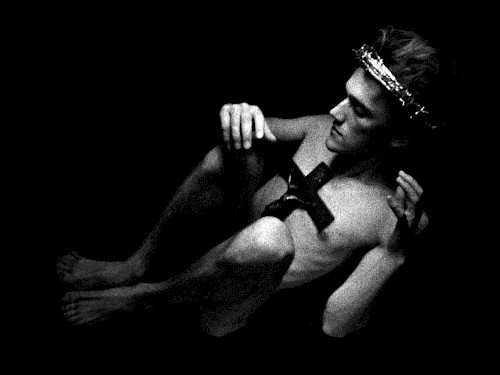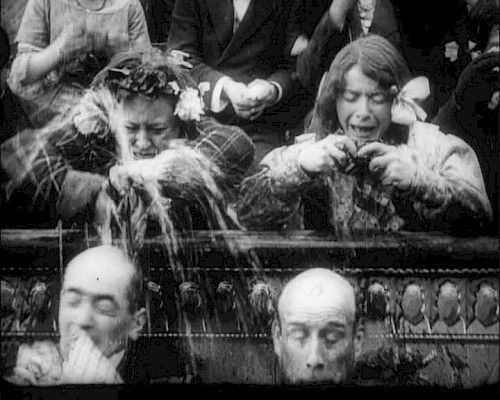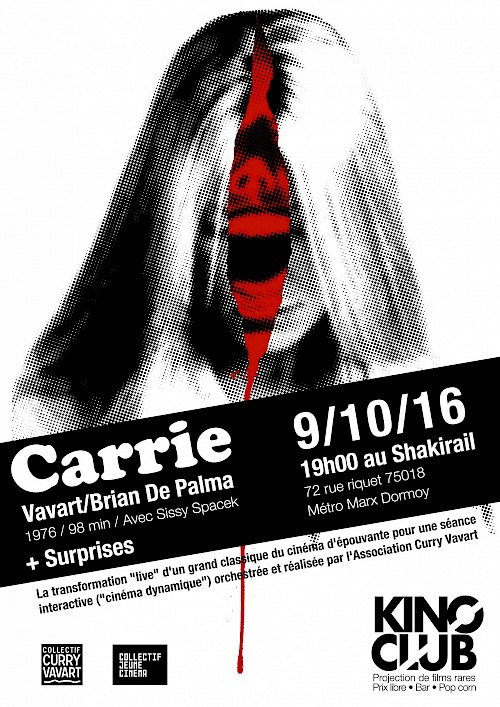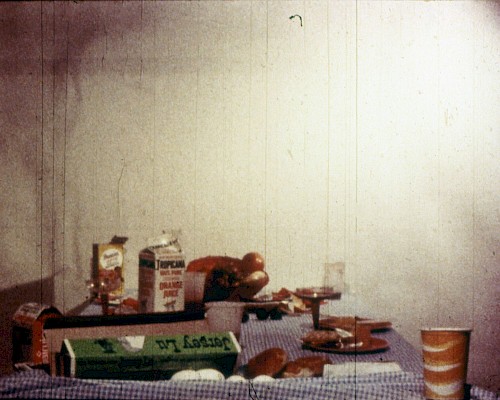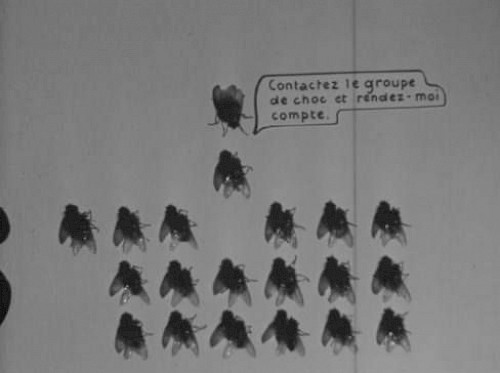Experimental films are not funny. And the ones that are funny are not meaningful. At least, these are the clichés. The bias against humor in art has always been a curious one. Work that is not seen as “serious” is often not taken seriously, as if such work is intellectually, emotionally, and conceptually less meaningful. And yet humor is not only a crucial, deeply felt human emotion, but one which has a powerful uniting capability that can bridge enormous gaps between disparate people in an expression of positive and thoughtful engagement.
One of the qualities that makes Jacques Tati’s PLAY-TIME so meaningful and exhilarating is that it functions as a sort of blueprint of individuality and subjectivity, a microcosm of both what diversifies us and unites us, reflected back at us, with humor as the catalyst. Anyone who has ever seen this film in a cinema knows that, very emphatically, not everyone in the audience laughs at the same things. Each viewer’s personal barometer for humor is triggered in different ways by this film, and the audience, as both a single entity and a collection of individuals, becomes self-aware of its participation in this process of humor.
This was a partial inspiration for my program, which collects a mix of contemporary work with historical films I have been honored to restore at the Academy Film Archive. Humor seems to me a complex signifier of a larger individual and collective consciousness, and the films were chosen for a deliberate diversity of sensibility, with the goal of activating many different senses of humor in the audience. It is commonly said that one of the most contentious topics in art itself is the question of whether or not something IS art. I would suggest that the same goes for humor: sometimes nothing is more serious than an argument about whether or not something is funny.
The title of this program is drawn from a statement that has been variously attributed to Chris Marker, Oscar Wilde, and Boris Vian, whose writing (especially L’écume des jours) seems perhaps most perfectly attuned to its sentiments. And I agree; humor is often a nuanced, refined articulation of an underlying emotional or existential despair or confusion, at the same time being a direct entreaty to pure reaction and catharsis. Many of the films in this program were chosen for what I feel is their emotional complexity, of which humor is a defining component, often working in tandem with darker themes of anxiety, mourning, frustration, and identity.
The films in this program range from grotesque animation to conceptual humor to performative comedy to punk radicalism, and many other points besides. As a film preservationist and curator specializing in artists’ films, it is always particularly meaningful to me to find and explore dialogues between contemporary and historical works, and humor is a rich reference point to explore not only the range of expression between works, but also between eras. I hope this program fulfills that aim, to not only present a diversity of artistic sensibilities and to share some work you will hopefully be excited to discover, but also to make you laugh.
— Mark Toscano
